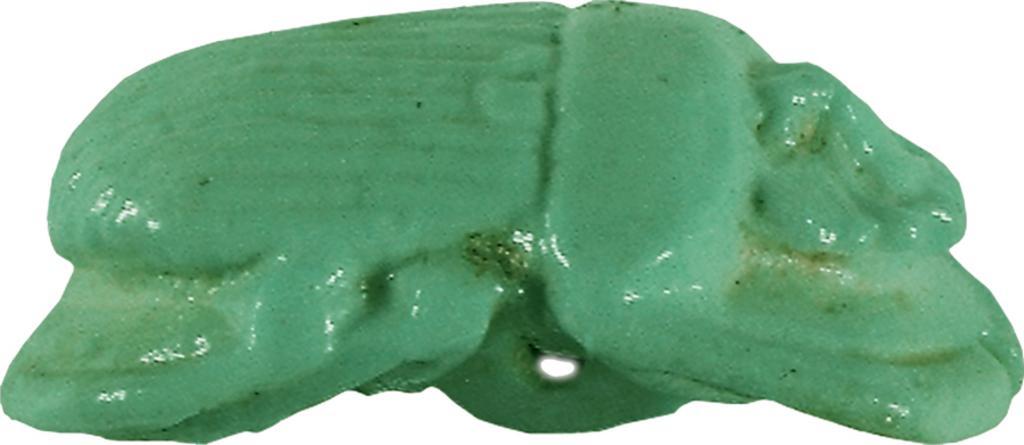MAKE A MEME
View Large Image

| View Original: | Egyptian_-_Naturalistic_Scarab_-_Walters_42371_-_Right.jpg (900x391) | |||
| Download: | Original | Medium | Small | Thumb |
| Courtesy of: | commons.wikimedia.org | More Like This | ||
| Keywords: Egyptian - Naturalistic Scarab - Walters 42371 - Right.jpg The ancient Egyptians believed that the dung beetle the Scarabaeus sacer was one of the manifestations of the sun god Representations of these beetles were used as amulets and for ritual or administrative purposes Naturalistic scarabs such as this were used as part of the amulet set of the mummy They have a naturalistically formed belly and no additional inscriptions or motifs The highest point of the back of this scarab is the pronotum dorsal plate of the prothorax Pronotum and elytron wing cases are separated by a straight incised partition line; the wing cases have a vertical hatch line pattern nine lines on each side a central division line which ends V-shaped in a scutellum and U-shaped shoulder marks The proportions of the top are almost balanced but the pronotum is short in comparison to the elytron The triangular head is flanked by very small quarter-spherical eyes which protrude from the head; the side platesare irregularly trapezoidal and have hatch lines and clypeus front plate is four times serrated The detailed modeled extremities are slender and have natural form; central notches are at both side edges as well as the top and bottom edges The body structures of the bottom is modeled and a quarter-oval eye protrudes from the center of the belly The basic form of the scarab is long rectangular-oval The scarab is a funerary amulet with regenerative function and was attached to the mummy bandages between 664 525 BC Late Period light beige faience with light green glaze cm 1 1 5 2 3 accession number 42 371 38428 Henry Walters Baltimore date and mode of acquistiion unknown Walters Art Museum Henry Walters Acquired by Henry Walters place of origin Egypt Walters Art Museum license Ancient Egyptian scarabs in the Walters Art Museum Media contributed by the Walters Art Museum needs category review | ||||